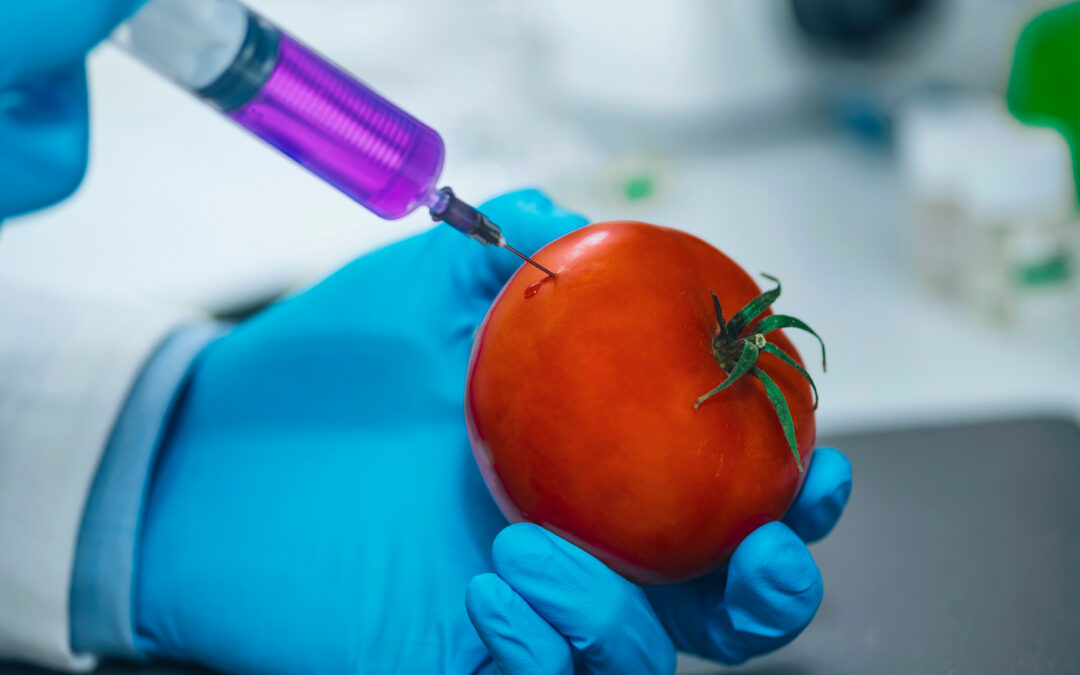
American Vs. British English: Transport & Travel
Welcome back to the American vs. British English series! This time, we are looking at how the English language divides when it comes to transport and travel. I hope you enjoy reading this post of mine as you normally do. References British vs American English:...

9 idioms about: Colors
In my previous posts, you might have noticed how colorful the English language is. There are numerous ways of expressing the same ideas, which renders a diverse vocabulary crucially important. This diversity also applies for idioms. Idioms breathe life to the language...

Genetically Modified Food
Today’s post is dedicated to a topic that I have found thought-provoking, though it’s not a brand-new field of study. Genetically modified food (GM food) is one of the various applications of biotechnology, with its production as well as marketing having prompted...

Common Errors With Word Choice – Part 2
Clarity is key when it comes to writing, and word choice plays an essential role in getting your point across. Words are powerful tools and when used correctly, they are all you need to make the audience understand your message. However, words can be hazardous weapons...

9 words about: Phobias
A phobia involves an excessive or irrational fear of a certain object, place, or situation that is unlikely or unnecessary to cause any harm. Phobia itself derives from the Greek word phobos, which means fear or horror. Phobias are different from regular fears because...

5 Mistakes To Avoid In Academic Writing
The following rules apply for academic writing in general and IELTS writing in particular. Avoid ‘you’The second-person pronoun ‘you’ is acceptable in certain types of informal writing, such as personal letters and narratives. ‘You’ is used to directly address the...

9 Collocations: Verb + Noun + Preposition
A month ago, we already talked about major types of collocations, one of which is the combination of adjective and noun. Today, I’d like to bring this topic alive again with a focus on expressions formed by verb, noun, and preposition. Typical examples include pay...

Common Errors with Word Choice – Part 1
Should I use this word or that one? Does this sentence mean what I think it means? If you have such a thought, you are not alone. The English language has a lot of words that look, sound, or are spelled alike but that have different meanings and roles. To help you...

Other ways to say: VERY
All too often, I see a great many students overuse ‘very’ in their speaking. Though it is not wrong to do this, there are an abundance of alternatives to make you sound less repetitive and more like a native speaker. One of the quickest hacks I’d suggest is to use...

9 Words about People
Have you ever wondered how to call a person who has too much admiration for himself or herself in a word? As an English learner, I am intrigued by the fact that there are concrete nouns that can convey the meaning far more powerfully and succinctly than wordy...

“I really feel like I lived my whole life searching for who it is that I am, what it is that I value, and what I’m supposed to do with those two things, and I found it [my true calling] in teaching.”
KNOWLEDGE IS POWER
get some more ...
